In July 2023, I got some really annoying news.
My doctor said, "your glucose numbers are now consistent with diabetes". I didn't even know what that meant, I just knew this was going to be suuuuper frustrating.
One, I didn't even really know what diabetes was. I remember a friend in second grade had diabetes and during the school day, she always had to have a chocolate bar or juice.
I had a feeling this wasn't going to be my fate—I wish chocolate bars and juice were prescribed to counter my glucose numbers.
I hadn't thought about diabetes since second grade... until I started traveling more for work.
I knew this because when I got back from the road and had my biannual checkup with my doctor, she would always say your numbers are going up. They weren't quite in the diabetes range, but I was inching towards being diagnosed with prediabetes.

I didn't really manage my eating on the road and there was rarely an opportunity for exercise. It was particularly challenging because my primary way to exercise was a pool workout. Hopping from hotel to hotel across the country didn't lend itself to the meal management and the pool routine I had at home.
When I was on the road, my health would dip but I was able to bring things back around once I was home for a while... until I wasn't. My diabetes had become unmanageable for me.
Now that diabetes was back on my radar, I learned from CDC data that 136 million people—about one in three Americans—have diabetes or prediabetes, and more than 20 percent of people with Type 2 not using insulin and 80 percent of those with prediabetes are totally unaware of their condition.
People with diabetes face major, potentially life-threatening comorbidities, such as heart disease; kidney, eye and nerve damage; or stroke.
Not to mention, diabetes is more likely to impact those in underrepresented communities who may not have the access or resources to seek out care. And this creates a huge burden on our healthcare system and the lives of those affected.
The proliferation of diabetes medications on the market being used as weight loss tools really brought those medications to my attention. But I'm the type of person who is a little fearful of medications, certainly pills and even more so injections.
I was made aware of glucose biosensors and it seemed like a less stressful way to ease into the life changes I needed to make in order to keep this thing under control. Just watching my carb and sugar intake wasn't going to do it.
I've learned the basics since my diagnosis. That glucose is sugar that circulates in your body and as the primary fuel source in your body's cells, it powers everything from your brain's thought processes to your muscles during daily activities.
But when you have diabetes, your body doesn't properly regulate glucose levels, so you need to adjust your diet and exercise to help keep those levels in range. For some people, taking medicine or insulin is required.
I also found Stelo, Dexcom's new over-the-counter glucose biosensor which allows me to track my glucose levels 24/7, and for which I'm now a brand ambassador.
Because I'm a little OCD, I am obsessed with watching the app and seeing how my glucose levels are tracking throughout the day.
I've been able to note how much my glucose spikes after my morning coffee with cream. As a result, and to better keep my glucose levels in range, I've adjusted my creamer levels.
Proper diabetes management starts with getting glucose aware and understanding how it works in your body. And that factors like diet, exercise and stress can impact it.
I certainly didn't know that it was important to keep your glucose steady and what I could do to best manage it. I'm guessing many people—with or without diabetes—are like me and have no idea how all this works.
I have started advocating for my health, learning more about how I can better manage my diabetes, and looking to help millions of others do the same.
Keeping an eye on your glucose levels is more than just a health fad—it's essential for people to better manage their diabetes or prediabetes and to stay more on top of their health.
November is National Diabetes Awareness Month and a great reminder that everyone impacted by diabetes and prediabetes deserves the chance to live a fulfilling life.
I am taking steps to control my health and want to make sure everyone else knows they too can take their first step to achieving their goals.
Retta is a comedian and actress. She is also a brand ambassador for Dexcom.
All views expressed are the author's own.
Do you have a unique experience or personal story to share? See our Reader Submissions Guide and then email the My Turn team at myturn@newsweek.com.
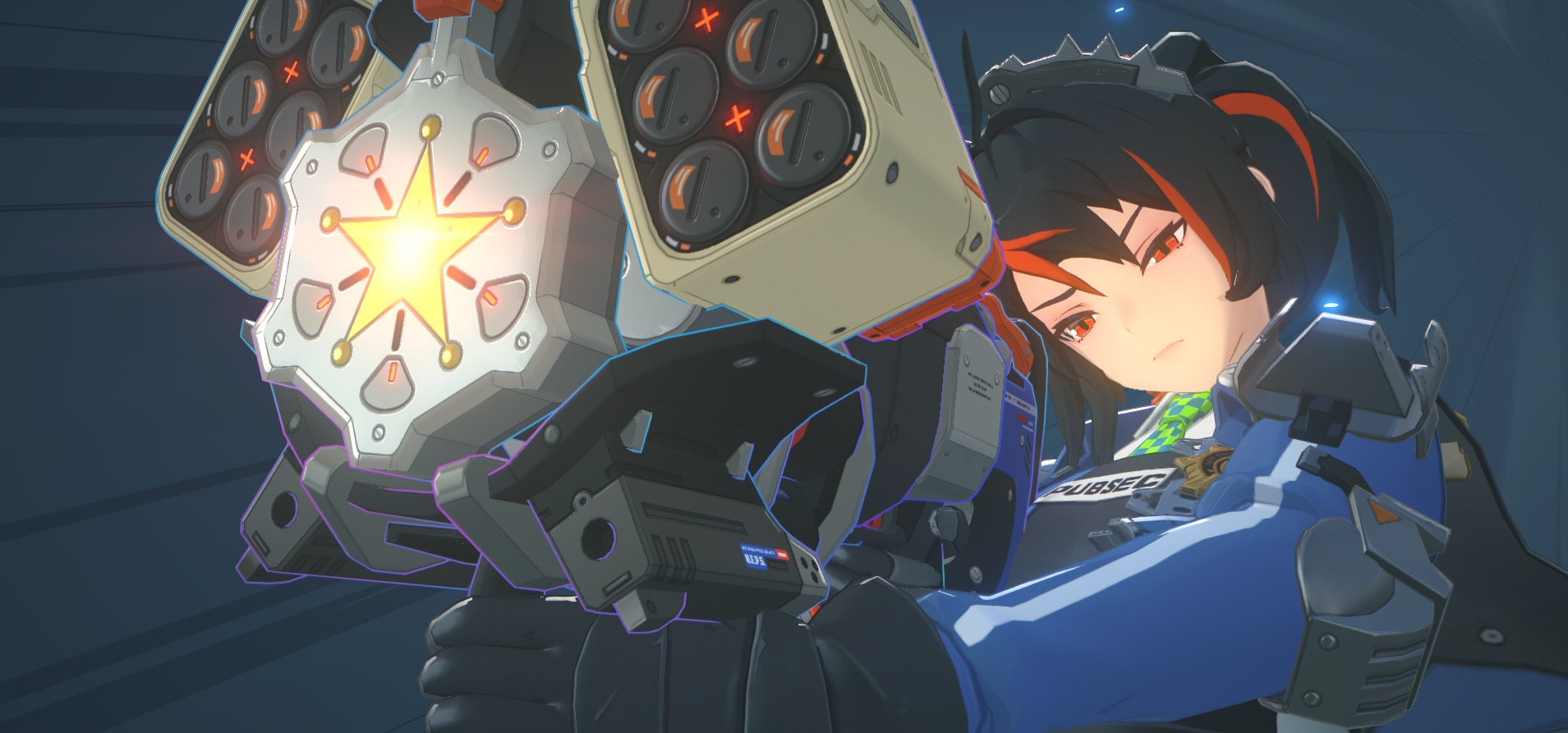
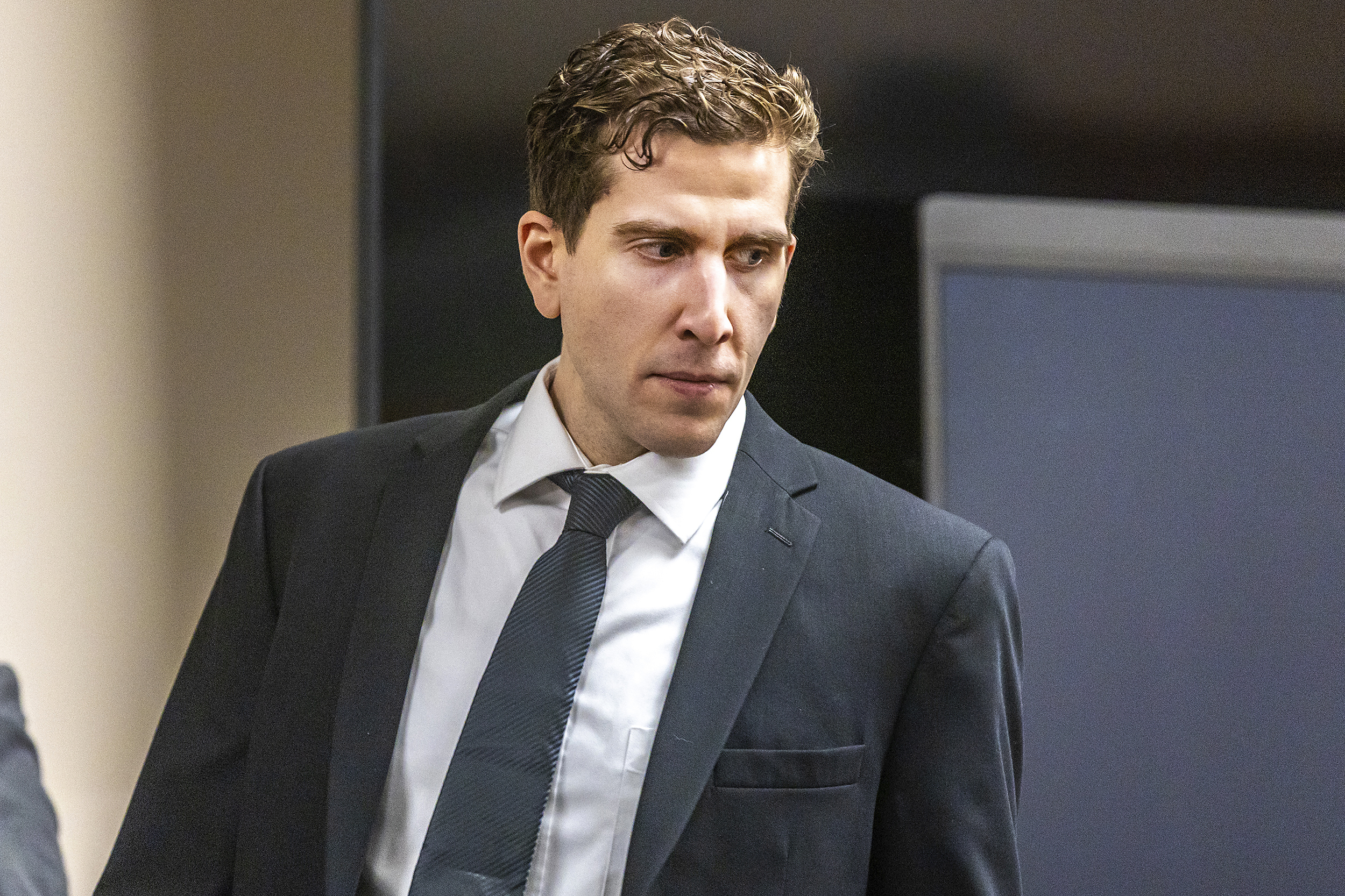
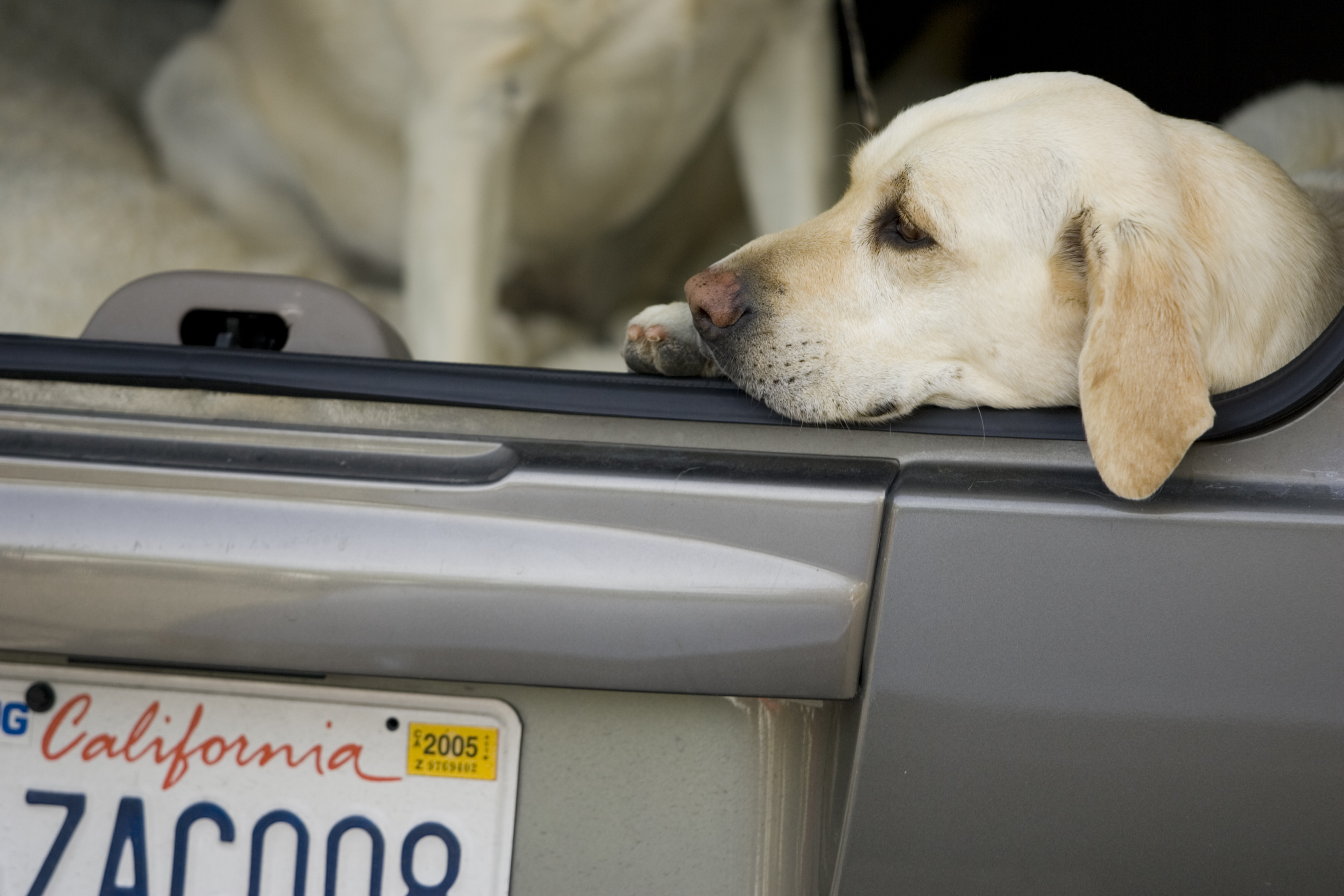

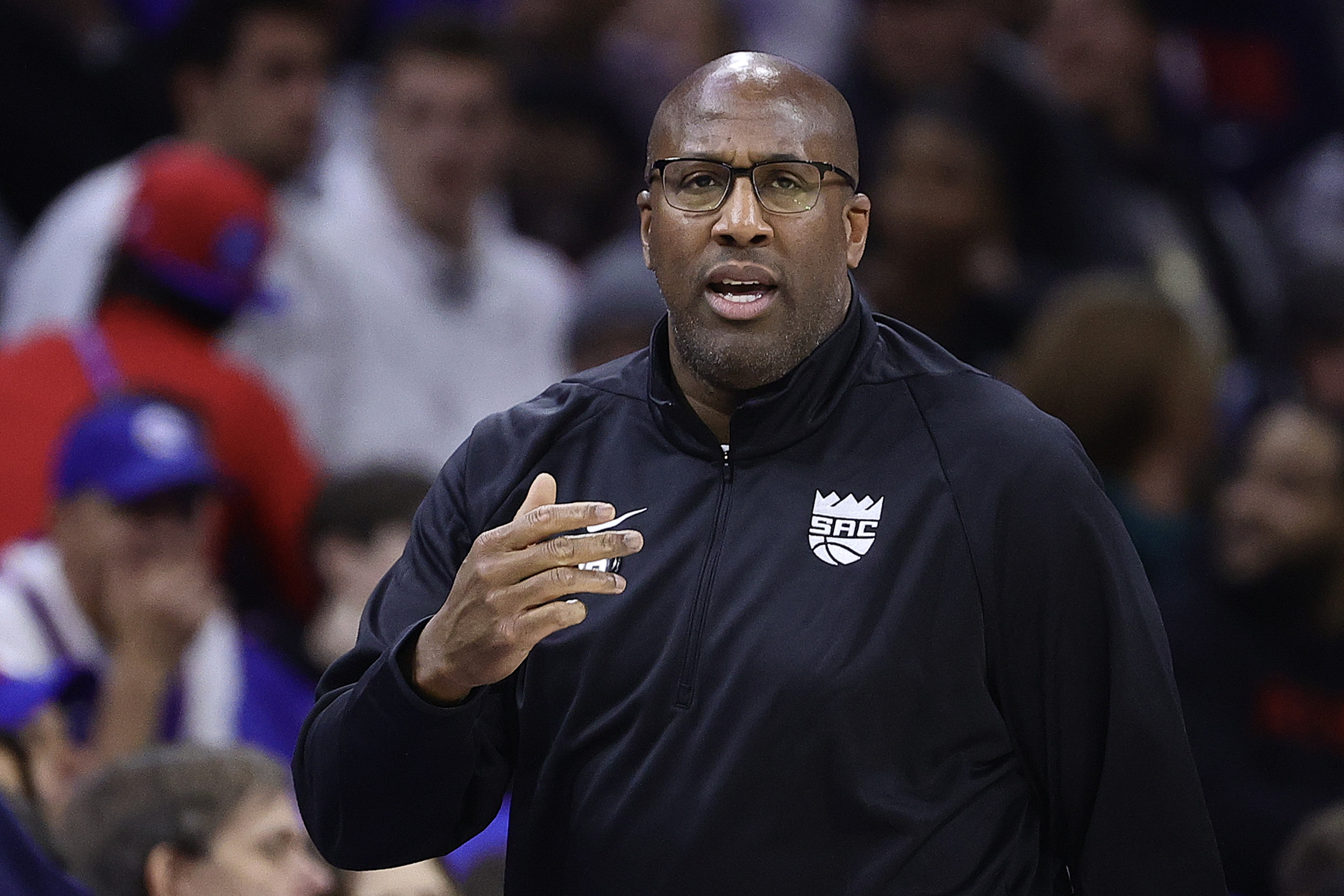

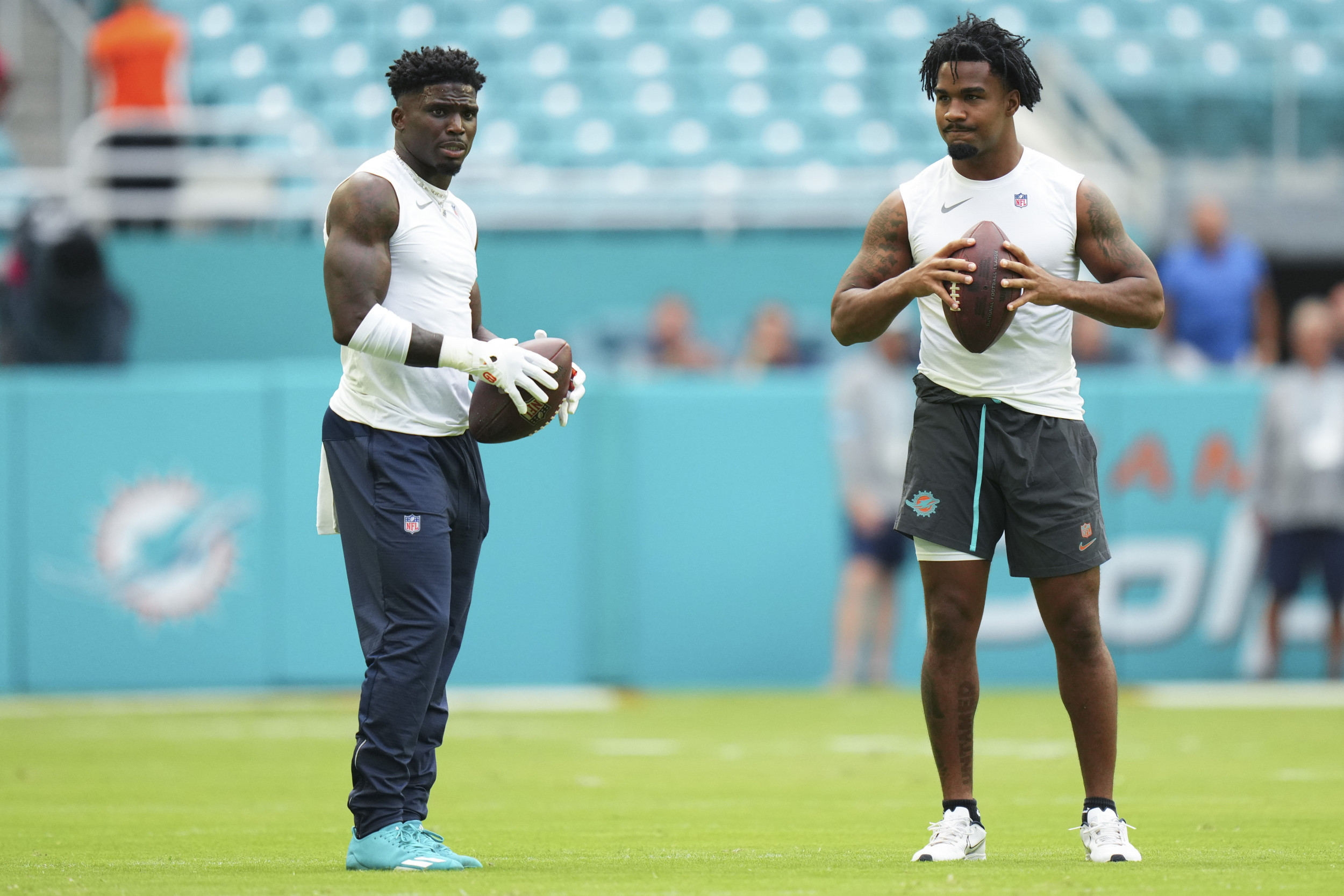




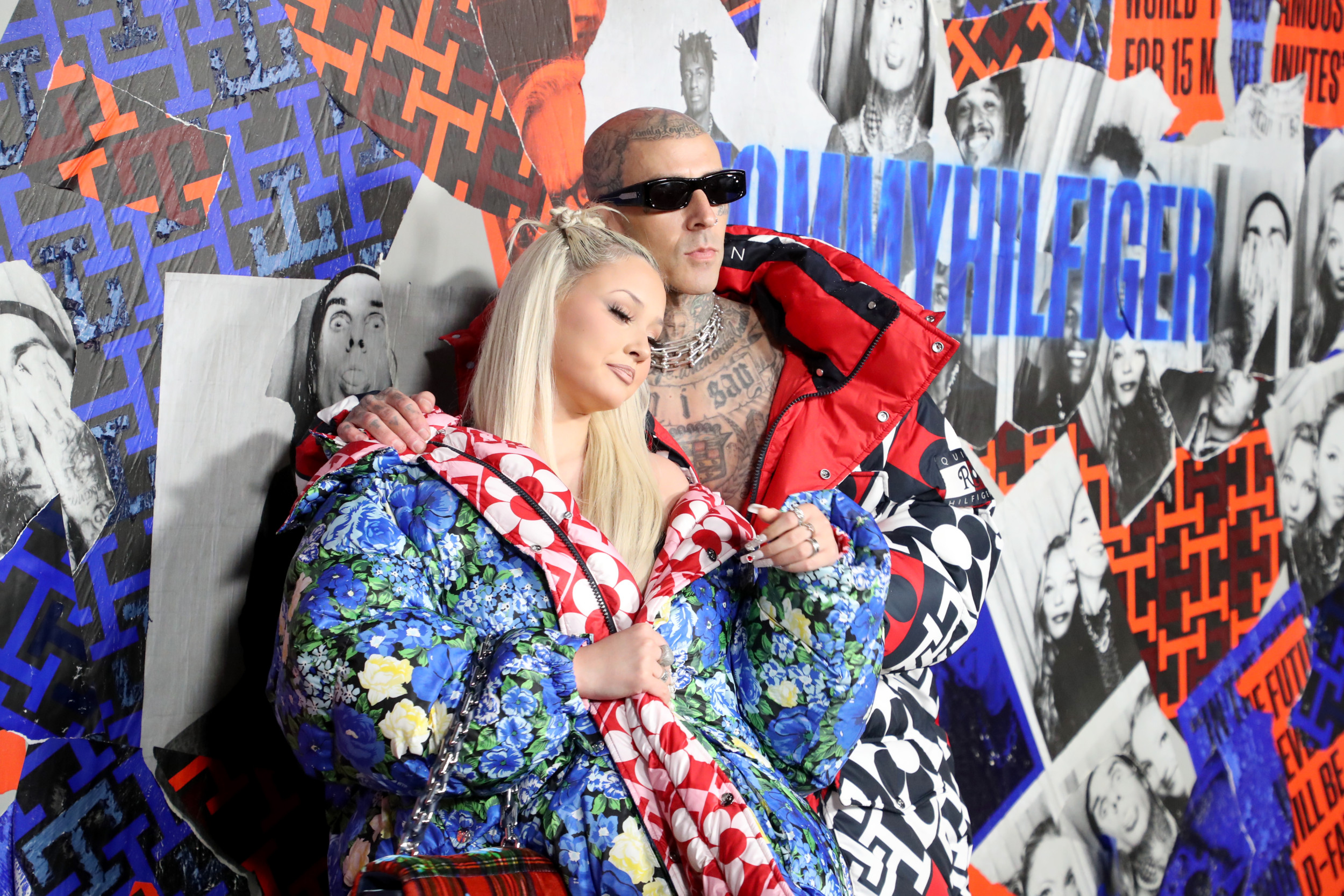








 English (US) ·
English (US) ·